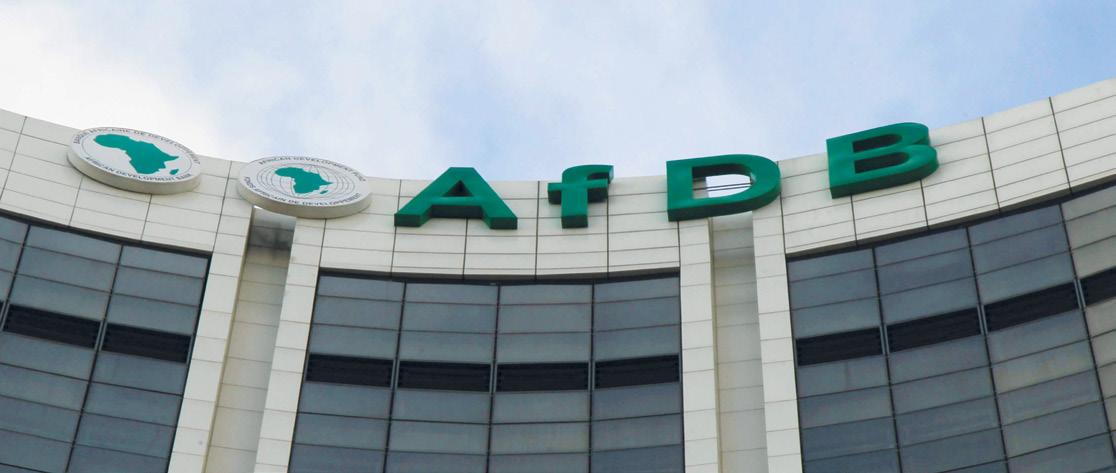
2 minute read
Facilitating contract success for the World Bank
LINA TUTUNJI, senior procurement specialist for the Middle East and North Africa region at the World Bank, spoke to us about her experience of using FIDIC contracts from a multilateral development bank standpoint.
A year ago, FIDIC secured a major agreement with the World Bank to adopt the use of six FIDIC standard contracts for the next five years. Under the terms of the agreement, FIDIC granted the World Bank a non-exclusive licence to refer to the six major FIDIC contracts for projects they finance and as a result the documents will be used as part of the bank’s standard bidding documents. The contracts mainly include the 2017 second edition FIDIC contracts, which cover a wide range of international construction and infrastructure work.
The relationship between FIDIC and the World Bank is long-standing and started with the use of the Pink Book in 2010, whereby FIDIC harmonised the multilateral development bank conditions. More recently, the relationship has developed to be inclusive to the bank’s new procurement framework which was introduced in 2016 and will focus on contract management as a whole.
The World Bank provides a vital source of financial and technical assistance to developing countries. It is comprised of five institutions and employs more than 10,000 employees in more than 120 offices worldwide. The use of FIDIC contracts by the bank is a key endorsement and an indication of the importance of these industry-leading contracts.

Algeria's infrastructure is in need of investment
Commenting on why the World Bank has adopted FIDIC contracts, Lina Tutunji said: “It is important for the bank to introduce to governments standard conditions of contract that will facilitate the success of the contract implementation. For this reason, the new agreement covers a new set of FIDIC contracts in the hope that this will bring some well-articulated provisions and aid in the handling of the project between the engineer and dispute adjudication boards. All this is expected to bring more success factors to contract implementation.”
Asked about the tangible benefits of using the contracts, Tutunji said: “FIDIC contracts are known to provide a balanced relationship between the employer and the contractor, something that the bank has always promoted. We believe it is beneficial to have the best outcome of the procurement and contract implementation and by ensuring the use of the FIDIC contracts we can guarantee the success of contract implementation.”
Tutunji went on to highlight areas in need of further development to improve the use of FIDIC contracts by all parties. “There should be some investment in building the capacity of the government and the contracting industry in better understanding the FIDIC conditions of contract,” she said. “This is sometimes a risk that poses itself to implementation and it has to be tackled. This could possibly be addressed in the partnership between the bank and FIDIC,” said Tutunji.










